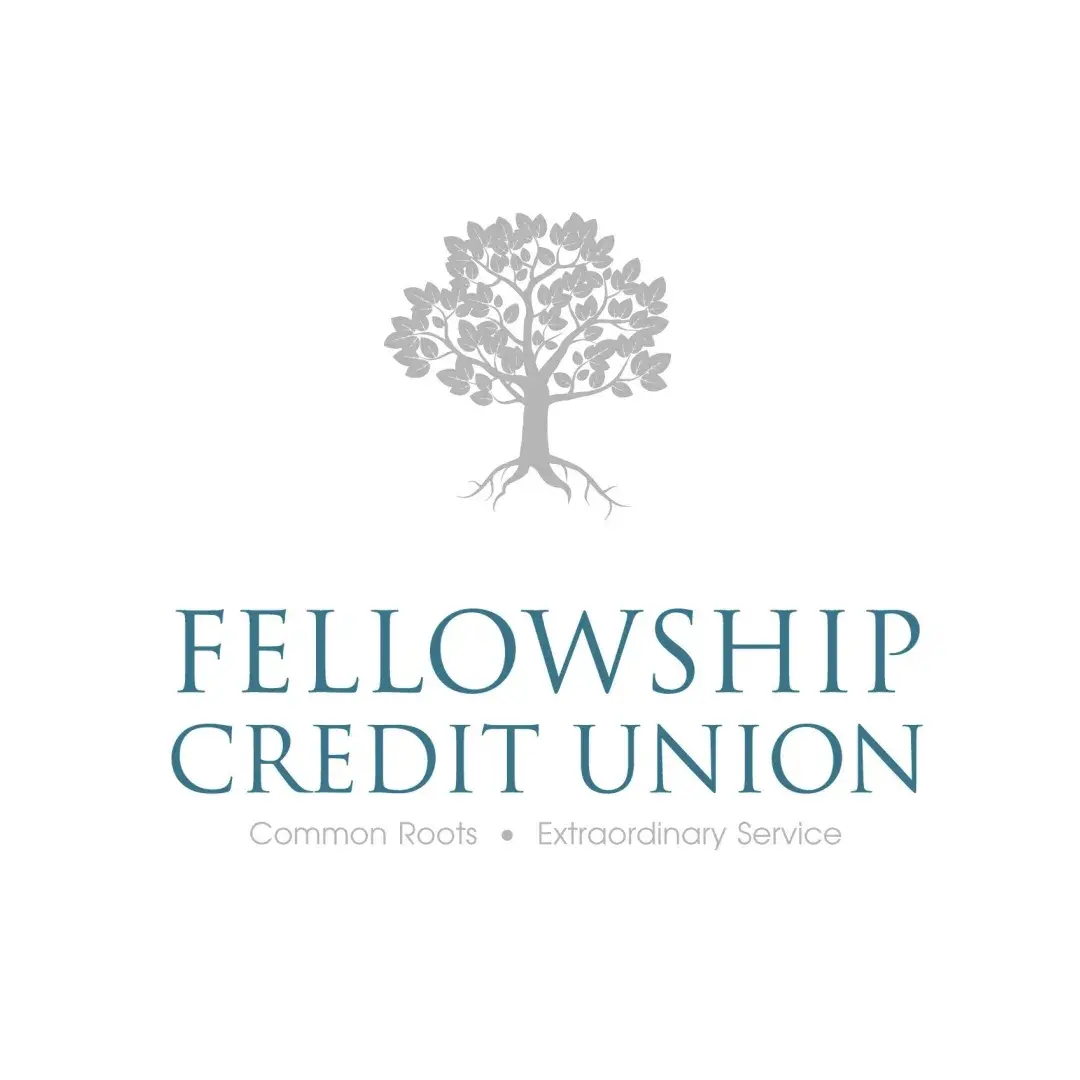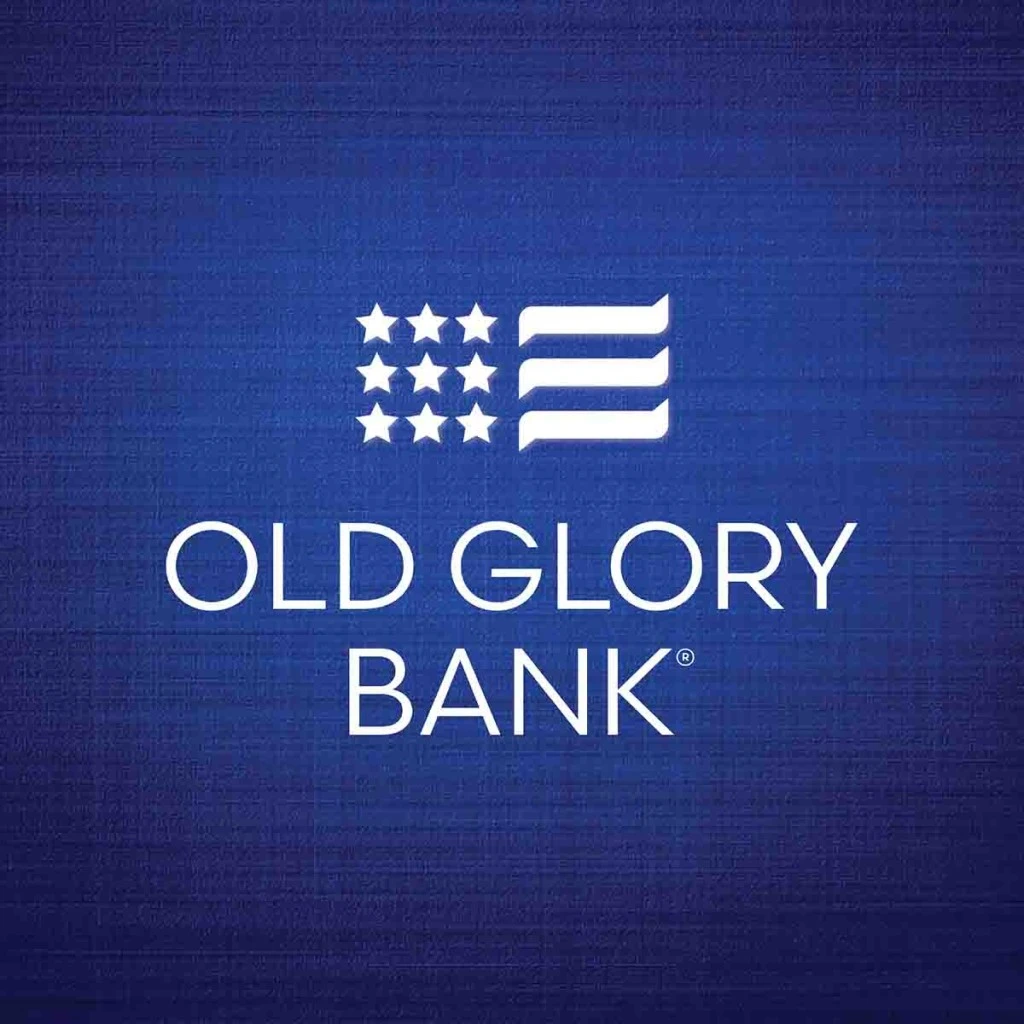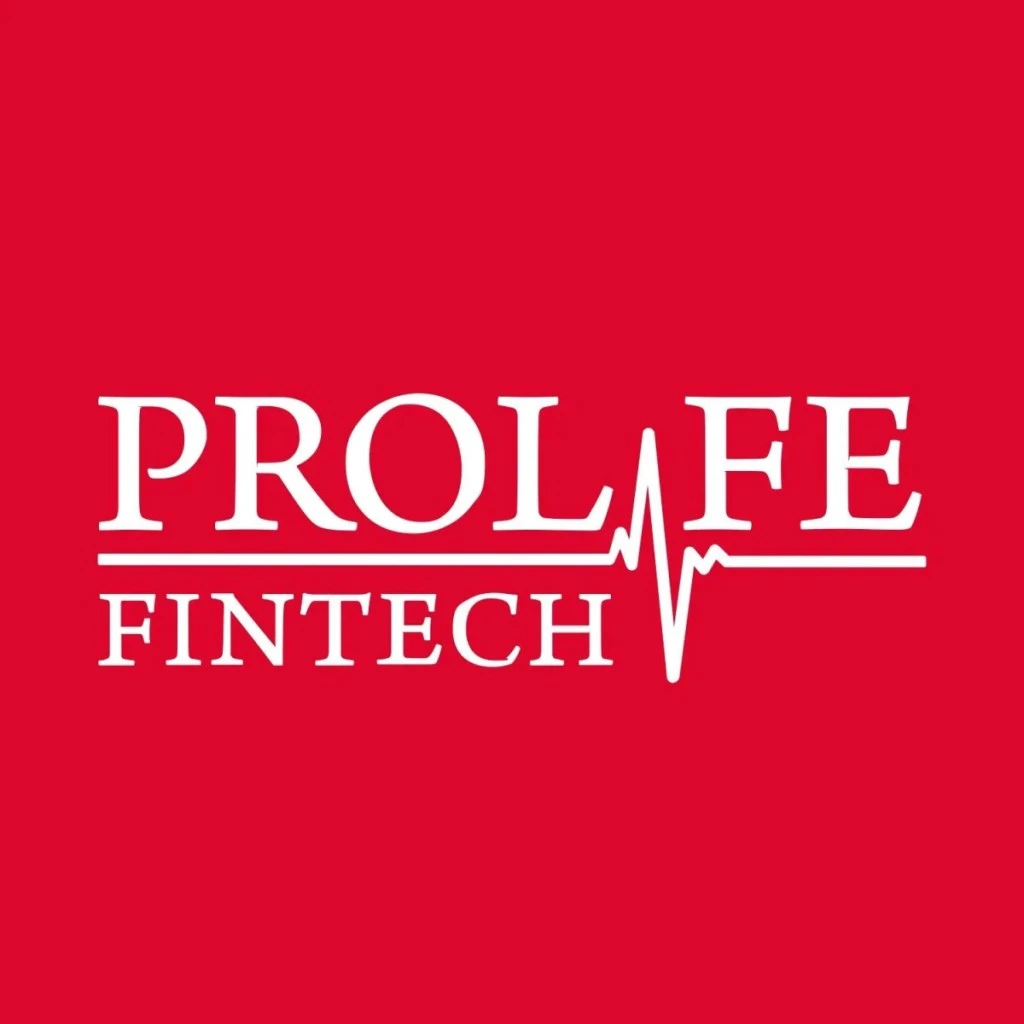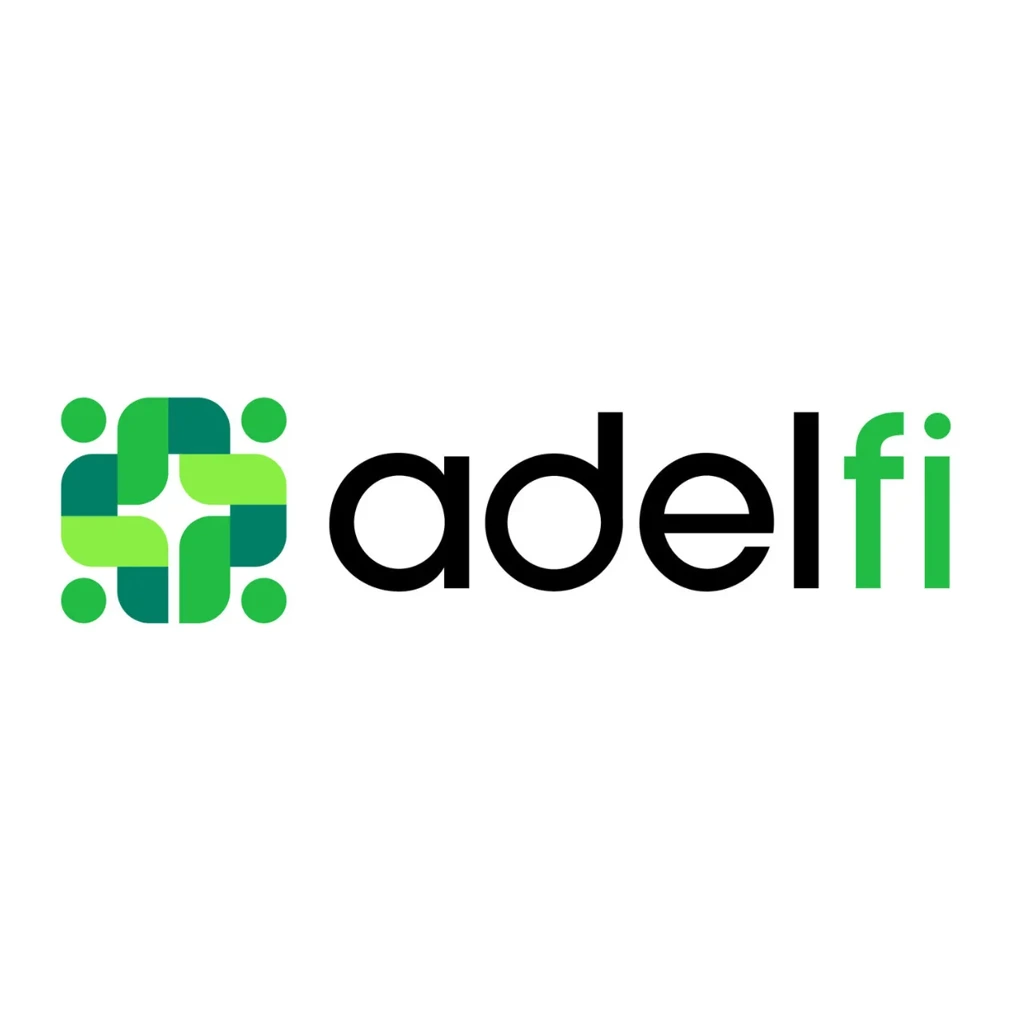JPMorgan Chase isn’t just the biggest bank in America, it’s also one of the loudest megaphones for corporate activism. What was once a straightforward financial institution now acts as a cross between a hedge fund and a social justice foundation. Under CEO Jamie Dimon’s leadership, JPMorgan has poured billions into “racial equity initiatives,” published climate manifestos, and sponsored Pride events across the globe. The bank’s reports read less like balance sheets and more like essays on inclusion, sustainability, and human rights.
From mandatory DEI training to ESG-aligned lending goals, JPMorgan Chase has made sure your money doesn’t just sit in an account, it goes to work advancing the bank’s political ideals. Whether it’s climate advocacy, gender equity programs, or public support for LGBTQ activism, JPMorgan has mastered the art of financial virtue signaling. Somewhere between the DEI committees and the ESG disclosures, customer-focused banking became a side project.











